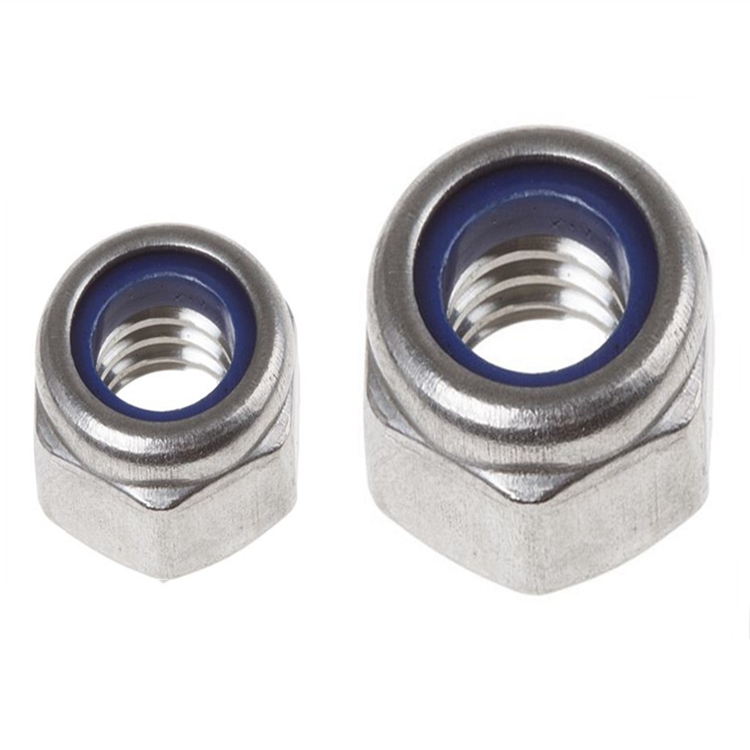Exploring Manufacturing Processes for Crank Bolts in Various Factories Worldwide
Oct . 22, 2024 08:20 Back to list
Exploring Manufacturing Processes for Crank Bolts in Various Factories Worldwide
Understanding Crank Bolts The Backbone of Mechanical Assemblies in Factories
In the world of mechanical engineering and manufacturing, crank bolts play an indispensable role in ensuring the seamless operation of various types of machinery. These seemingly unassuming fasteners are critical components in numerous industrial applications, from automotive engines to heavy machinery. In this article, we will delve into the purpose of crank bolts, their significance in factories, and how manufacturers produce them to meet the diverse needs of the industry.
What Are Crank Bolts?
Crank bolts are specialized fasteners designed to secure components of machinery, particularly in applications that involve rotational motion. They are typically used to attach crankshafts to other engine components, ensuring that they function smoothly and effectively. Given the high levels of stress and vibration encountered in machinery during operation, crank bolts must be precisely engineered to handle such conditions without failing.
Why Are Crank Bolts Important?
The significance of crank bolts in the manufacturing industry cannot be overstated. First and foremost, they are essential for the structural integrity of machines. A failed crank bolt can lead to catastrophic machinery breakdowns, resulting in costly downtimes and repairs. This makes the reliability of crank bolts critical, particularly in industries where machinery is operated continuously, such as automotive production, aerospace, and heavy equipment manufacturing.
Moreover, crank bolts must be designed to withstand specific torque specifications. Proper torque ensures that bolts are neither too tight, which may lead to material fatigue, nor too loose, which may result in loosening during operation. This delicate balance of force is vital for maintaining equipment performance and safety. For factories, the consistency and reliability of crank bolts determine the overall quality and longevity of their machinery.
Manufacturing Crank Bolts
crank bolts factories

The production of crank bolts involves several steps, each crucial for ensuring that the final product meets stringent quality standards. Factories typically employ advanced techniques such as cold forging and machining to manufacture crank bolts. Cold forging allows for the shaping of metal at room temperature, resulting in stronger and more durable bolts compared to those made using traditional methods.
Once forged, the bolts undergo heat treatment processes to enhance their tensile strength and resistance to wear. This is particularly important in high-performance applications where endurance is essential. After heat treatment, the bolts are usually coated with protective finishes to resist corrosion, extending their operational lifespan.
Quality control is another vital aspect of crank bolt manufacturing. Manufacturers conduct rigorous inspections and testing to ensure that these fasteners meet industry standards. This may include tensile testing, hardness testing, and dimensional checks to verify that each bolt fits precisely within its intended assembly.
The Future of Crank Bolt Manufacturing
As industries continue to evolve with advancements in technology, so too does the production of crank bolts. The integration of automation and robotics in manufacturing processes allows for higher precision, reduced labor costs, and increased production rates. Moreover, the development of new materials and coatings promises enhanced performance characteristics, such as greater durability and resistance to extreme conditions.
Sustainability is also becoming a focal point in manufacturing practices. Many factories are exploring ways to minimize waste and energy consumption during the production of crank bolts. This commitment to sustainability not only addresses environmental concerns but also appeals to consumers who are increasingly conscious of the products they use.
Conclusion
Crank bolts, though often overlooked, are fundamental components in the machinery of modern factories. Their role in ensuring the reliability and efficiency of mechanical assemblies cannot be underestimated. As manufacturing techniques advance and industries demand higher performance standards, the importance of high-quality crank bolts will continue to grow. By investing in precision manufacturing and sustainable practices, factories can enhance their operations, ensuring that they remain competitive in a fast-paced, ever-changing market. Understanding the critical nature of crank bolts is essential for anyone involved in the manufacturing industry, illustrating how every component, no matter how small, plays a vital role in the global economy.
Latest news
-
Premium Cabinet Bolts Supplier - Quality & Wholesale Fasteners
NewsAug.09,2025
-
Reliable Cabinet Bolts Supplier | Quality & Bulk Fasteners
NewsAug.07,2025
-
Wire Bolts Suppliers & Manufacturer | Factory Direct Price
NewsAug.06,2025
-
Premium Wire Bolts Suppliers | High-Quality Bolts
NewsAug.05,2025
-
Trusted Wire Bolts Suppliers - Durable & Reliable Solutions
NewsAug.04,2025
-
Wire Bolts Company | Premium Industrial Fasteners
NewsAug.03,2025
